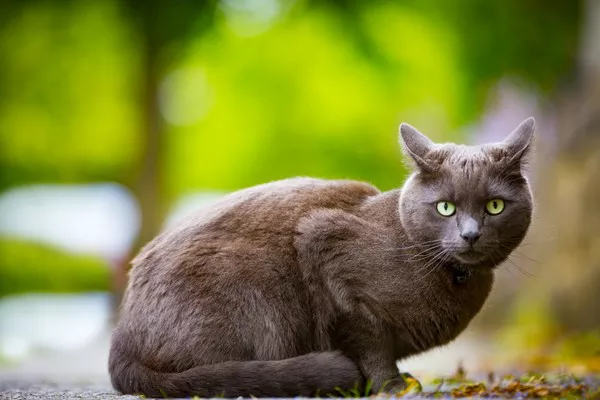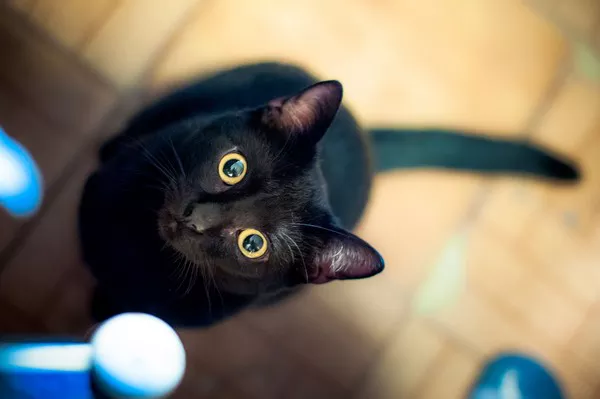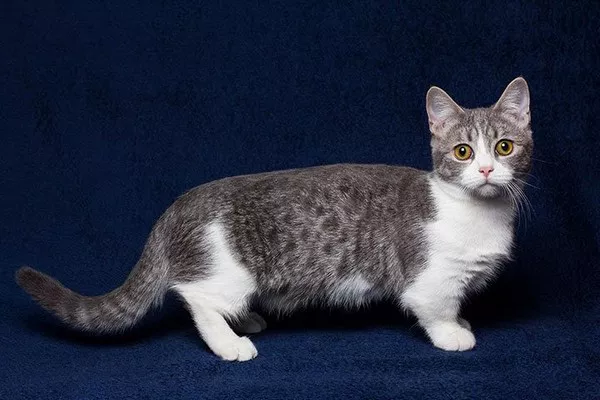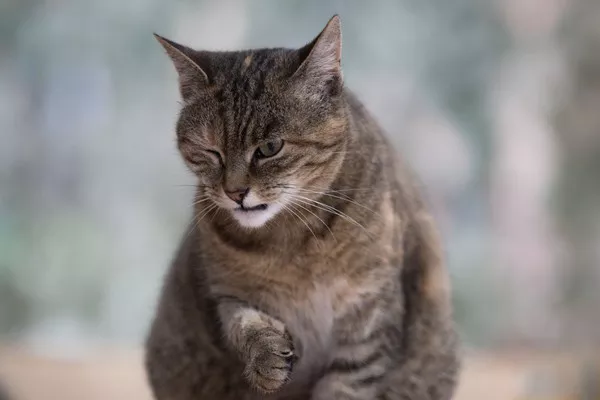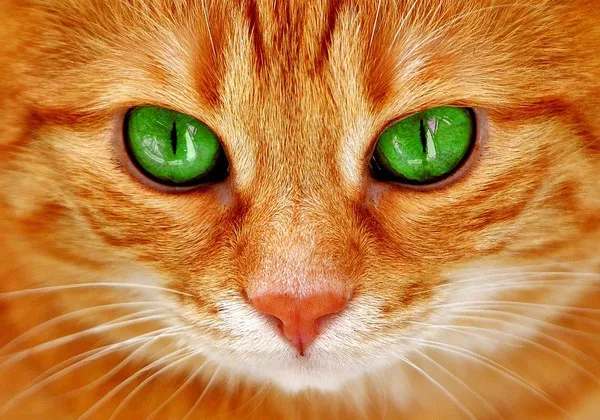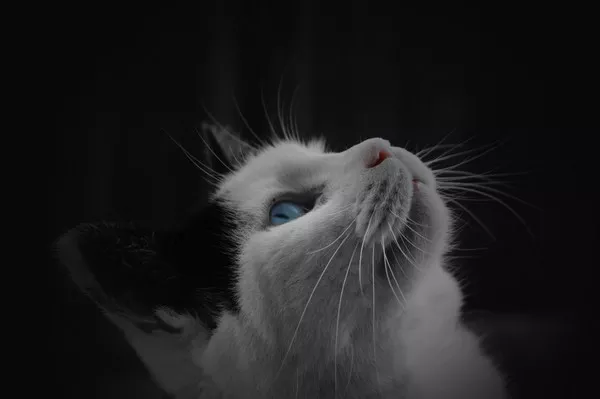Cats are sensitive creatures, and ensuring they have a well-balanced diet is essential for maintaining overall health, including healthy digestion. When it comes to choosing the right cat food for optimal digestive health, many pet owners focus on a specific aspect of cat health that often goes overlooked: healthy stool. Consistency, form, and ease of passing are all indicators of good digestive health and are influenced significantly by diet. In this guide, we’ll explore the best cat food for healthy poop and delve into why digestive health is crucial for your cat’s well-being.
Importance of Digestive Health
Digestive health is a cornerstone of a cat’s overall health, impacting everything from nutrient absorption to weight maintenance. When a cat’s digestive system is functioning well, nutrients are absorbed efficiently, energy levels remain stable, and the risk of digestive issues, such as constipation or diarrhea, is minimized. Let’s look closer at why digestive health is so essential for our feline friends.
Nutrient Absorption: A well-functioning digestive system ensures that nutrients from food are absorbed effectively, providing the vitamins, minerals, and proteins that a cat needs for healthy skin, fur, and immune function.
Maintaining Healthy Weight: Digestive health plays a critical role in weight management. Cats with efficient digestion are less likely to experience weight fluctuations, which helps prevent obesity and related health issues.
Enhanced Energy and Overall Vitality: Proper digestion directly impacts a cat’s energy levels and mood. A balanced digestive system translates to more consistent energy, keeping your cat active and playful.
Signs of Good Digestive Health
To determine whether your cat’s food is promoting healthy digestion, it’s essential to monitor a few key indicators:
Well-Formed, Firm Stools: Healthy cat stool should be well-formed, firm, and have a relatively low odor. Loose stools, constipation, or excessively hard stools can indicate digestive imbalances.
Easy to Pass: Cats with healthy digestion should not struggle to pass their stool. If your cat seems uncomfortable, it could be a sign that their food isn’t meeting their digestive needs.
Regular Bowel Movements: Cats typically pass stool once a day. Irregular bowel movements, or any abrupt change in the frequency, can signify digestive upset or dietary inadequacies.
Understanding what constitutes healthy digestion allows you to make informed choices about what to include in your cat’s diet. Specific nutrients play a major role in promoting smooth digestion and reducing the risk of digestive issues.
Key Nutritional Components for Healthy Digestion
The composition of a cat’s diet significantly affects stool quality and digestive health. Here are the essential nutrients to look for in cat food that will promote healthy poop and support overall digestive well-being.
High-Quality Protein
Cats are obligate carnivores, meaning their diet must primarily consist of animal protein. High-quality animal proteins, such as chicken, turkey, or fish, are more digestible for cats compared to plant-based proteins. Quality proteins promote lean muscle maintenance and are less likely to cause digestive issues, as they are aligned with a cat’s natural diet.
Benefits for Digestion: Animal proteins support digestive efficiency and result in well-formed stools. Low-quality proteins, often present in inexpensive cat foods, may lead to softer, more irregular stools and contribute to gas or bloating.
Recommended Protein Sources: Look for foods with real meat as the first ingredient, such as chicken, turkey, or salmon. These proteins are highly digestible and provide the amino acids essential for your cat’s health.
Fiber
Fiber is crucial for regular bowel movements and helps prevent constipation. While cats don’t need as much fiber as humans, moderate amounts of fiber from natural sources can be beneficial.
Benefits for Digestion: Fiber absorbs water and adds bulk to the stool, aiding regularity. It can also help manage hairballs, which is particularly beneficial for long-haired breeds.
Recommended Fiber Sources: Look for natural fiber sources like pumpkin, sweet potatoes, and peas. These ingredients not only support digestive health but are also gentle on the stomach, making them suitable for sensitive cats.
Probiotics and Prebiotics
A healthy gut microbiome supports proper digestion and improves stool consistency. Probiotics are beneficial bacteria that help maintain a balanced gut flora, while prebiotics are fibers that feed these beneficial bacteria.
Benefits for Digestion: Probiotics help reduce symptoms of digestive distress, such as diarrhea and bloating, while prebiotics support the growth of good bacteria in the gut.
Sources of Probiotics and Prebiotics: Look for cat foods that contain live cultures or specific probiotic strains designed for pets. Some cat foods will label them as “direct-fed microbials,” which function similarly to probiotics in promoting digestive health.
Easily Digestible Ingredients
Certain ingredients are easier for cats to digest and less likely to irritate the stomach. Foods with easily digestible ingredients reduce the risk of gastrointestinal distress and promote more consistent stool quality.
Benefits for Digestion: Digestible ingredients, like real animal proteins and limited fillers, decrease the likelihood of food sensitivities, which can cause inconsistent stool quality.
Recommended Ingredients: Opt for cat foods with limited ingredient lists and avoid those containing by-products, artificial colors, and preservatives, as these can trigger digestive issues.
Recommended Cat Food Brands for Healthy Digestion
Choosing the right brand for your cat’s specific needs can make all the difference. Here are some top-recommended brands known for their formulation to support digestive health and promote healthy stool.
Hill’s Science Diet Adult Sensitive Stomach & Skin
Hill’s Science Diet is renowned for its gentle formulas tailored to cats with sensitive digestive systems. This particular formula is designed to support both digestion and skin health, making it suitable for cats with multiple sensitivities.
Features: Contains high-quality protein from chicken as the primary ingredient and includes prebiotic fiber to support gut health.
Benefits for Digestion: The prebiotic fiber aids in the growth of beneficial bacteria, which helps regulate digestion and stool consistency. The gentle formula minimizes the risk of digestive upset, making it suitable for cats with sensitive stomachs.
Royal Canin Digestive Care
Royal Canin Digestive Care is specifically designed for cats prone to digestive issues, with a unique blend of highly digestible proteins, fibers, and prebiotics.
Features: High protein content, moderate fiber blend, and probiotics for gut health support.
Benefits for Digestion: This formula’s balanced nutrient profile promotes a healthy digestive system, while its highly digestible proteins enhance stool quality and reduce the risk of digestive discomfort.
Purina Pro Plan Focus Sensitive Skin & Stomach
Purina Pro Plan Focus is tailored for cats with both digestive and skin sensitivities. It emphasizes quality protein and easy-to-digest ingredients.
Features: Uses lamb as the primary protein source, which is gentle on the digestive system, along with added prebiotics to support gut health.
Benefits for Digestion: High-quality protein and prebiotics work together to enhance digestive efficiency and improve stool consistency, ideal for cats with sensitive stomachs.
Blue Buffalo Sensitive Stomach Natural Adult Dry Cat Food
Blue Buffalo is a reputable brand that uses natural ingredients and is known for its sensitivity-friendly formulas. This formula includes prebiotics and high-quality animal protein.
Features: Uses real meat as the primary ingredient, combined with prebiotic fiber to aid digestion.
Benefits for Digestion: The inclusion of natural ingredients and gentle fibers supports gut health and improves stool consistency, making it a good choice for cats with sensitive stomachs.
Dietary Tips for Digestive Health
Proper feeding practices and dietary adjustments can also have a significant impact on your cat’s digestive health. Here are some tips to support optimal digestion and prevent digestive upset.
Gradual Transition to New Food
When introducing a new cat food, it’s essential to transition slowly to prevent digestive upset. A gradual transition over 7–10 days allows your cat’s digestive system to adapt to the new ingredients.
Tip: Start by mixing 25% of the new food with 75% of the old food, then slowly increase the proportion of new food each day.
Hydration
Hydration is critical for digestion and can help prevent constipation. Wet food is an excellent way to add moisture to your cat’s diet, especially if your cat doesn’t drink enough water.
Tip: Ensure your cat has access to fresh water at all times. Adding wet food to their diet or using a cat water fountain can encourage more water intake.
Consistent Feeding Schedule
Cats thrive on routine, and feeding them at consistent times each day helps regulate digestion. A consistent feeding schedule aligns with your cat’s natural rhythms and aids in regular bowel movements.
Tip: Feed your cat at the same times every day, ideally splitting the food into two or three smaller meals.
Observation
Pay attention to your cat’s stool consistency, color, and odor. Significant changes can be an early warning sign of digestive issues or food intolerance.
Tip: Observe your cat’s litter box habits regularly, especially when introducing new foods. Watch for signs of digestive distress.
Conclusion
By choosing a high-quality cat food with the right balance of protein, fiber, probiotics, and digestible ingredients, you can significantly improve your cat’s digestive health and stool quality. Regular monitoring, a gradual transition to new foods, and consultation with a veterinarian will ensure your cat’s dietary needs are met, supporting their overall health and well-being. Remember, optimal cat feeding practices involve providing balanced nutrition, promoting hydration, and observing changes, all of which contribute to a healthier, happier feline companion.
Related Topics

